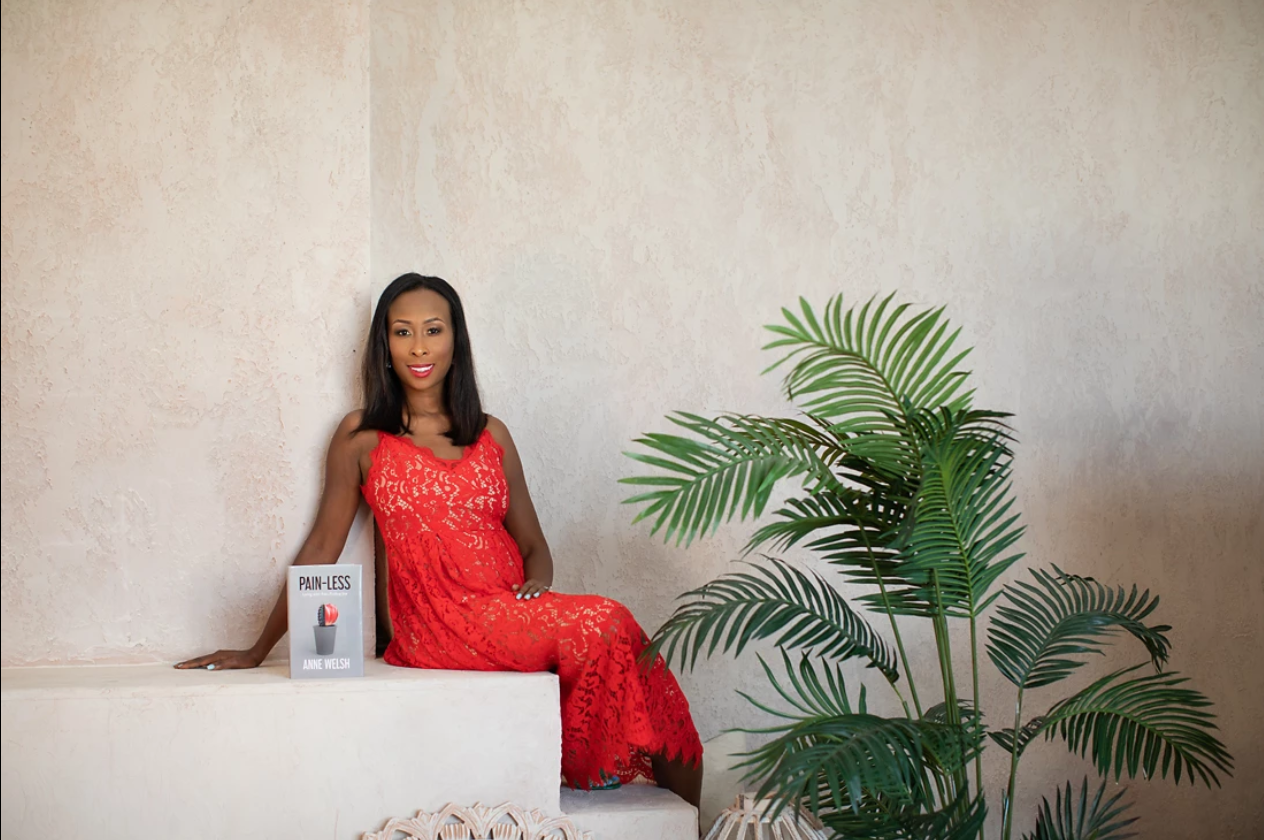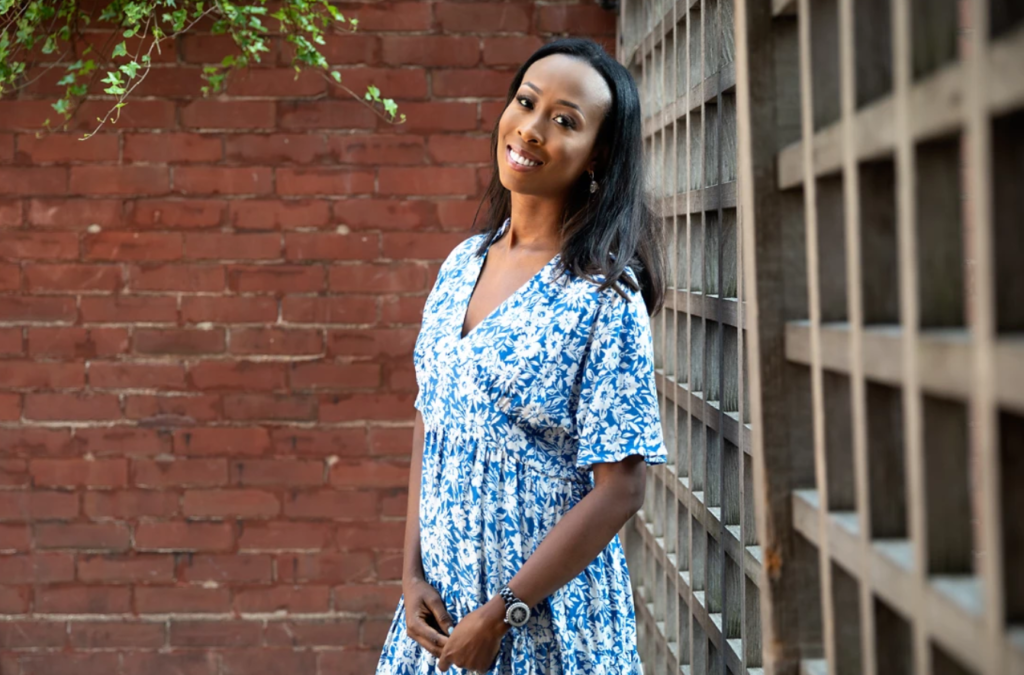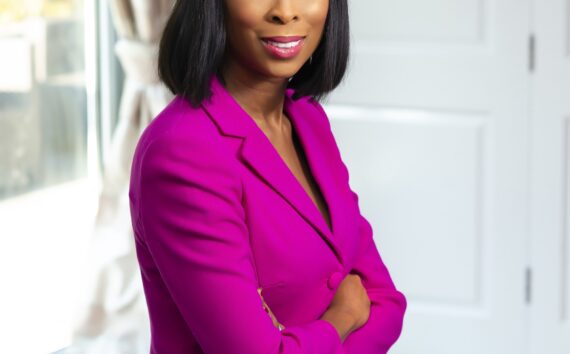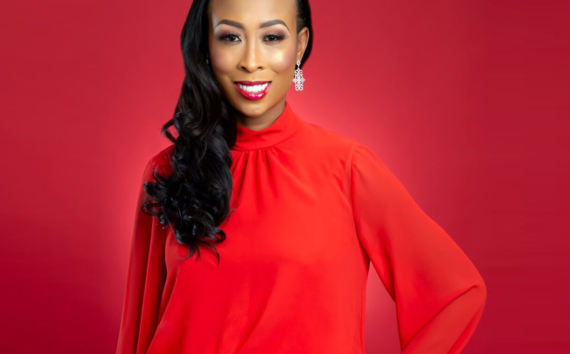
Anne Welsh is a Nigerian born British author and advocate for Sickle Cell Anaemia. An avid campaigner and philanthropist, Anne has motivated many people around the world with her speeches and philanthropy and was no less seen on Channel 4 and the BBC discussing how self-isolation from COVID-19 has affected her everyday life, as she continues to battle with sickle cell anaemia herself.
Her story is engrossing, from starting her career within finance, working in investment banking with Lehman Brothers, to now breaking barriers by establishing workplace practices for ethnic minorities and people with disabilities whilst running her own busy consultancy firm.
Anne can now add author to her many accolades, having recently her World Health Organisation book Pain-Less. Her memoir was born from her determination to raise global awareness of how this invisible disease (as well as many others) can impact others sometimes silently. Anne was happy to sit down with Vingt Sept to discuss what is crucial for self-isolation for someone with an underlying health condition.
Category :
InterviewsClient :
vingtseptmagazineDate :
4th Jun, 2020Link :
www.vingtseptmagazine.com
How has your lifestyle changed whilst we have been in lockdown?
My lifestyle has changed significantly from my normal routine of going out for meetings, school runs, events, and general social activities. Now I am at home and confined to my space and amid all the chaos surrounding me in the household. I can’t go out unless it’s the back yard or long walks and the lack of personal interaction and community excitement is something that is missing from daily routine. I am however eating healthy foods and getting more frequent exercise.
What kind of activities do you do now?
Initially, it was hard to get into a routine as I just thought the disruption will go away soon so there was no need to make plans. But by the time we got to day nine I started seeing things were not improving so I decided to take matters into my own hands and make a calendar of activities. In the morning, I do mild boxing and a seven-minute HITT workout. In the evening I go for long walks, where I aim to achieve twelve thousand steps a day. During the remainder of the day, I am so focused on building my new business platform Painless Universal that those eight hours of work go by so very quickly.

How does this new way of living at home influence your wellbeing?
I am stricter with my diet than normal as I am not as active as I used to be. I don’t want to overeat because the food is just there. My wellbeing is very important to me, as I can fight off an unwanted illness or sickle cell crisis if I am in a healthy state. Therefore, I prioritise my eating times, quality and quantity, and exercise.
What would you recommend to our readers who are self-isolating or social distancing during COVID-19 that may/ may not have an underlying health condition?
My advice is simple – do not overdo anything, everything is in moderation. Listen to your body at all times. Remember your gut feelings/intuition if you will, that are very real, you should listen to those warnings. The body has a way of communicating with you on what it needs such as when it has had too much food, needs water, or even a bit of exercise. It also signals when you are stressed by making visible, physical signs of discomfort. The World Health Organisation says that symptoms of stress can include headaches, neck and shoulder pain, back pain, upset stomach, not feeling hungry, and a lump in the throat. With the current situation currently happening in the world, my advice is to remain calm, keep positive, and stay safe. It is also very important to keep your mind busy but don’t fall into the trap of not using this time to learn or fulfill long overdue tasks. Being an expert on streaming services is probably not time well spent. Keep communicating with people. This will improve your mental health and give confidence to you that you are not alone in this terrible predicament.
Is there something positive that you may/may not have realised if you hadn’t have been in social isolation?
I have honestly realised that the world is cleaner, and pollution has massively decreased. I am also finding time to stop and relax for longer. It is not something I have experienced before, and I find I start the day more refreshed than ever.
Pain-Less is out now
Photography by Diana Unanyan



